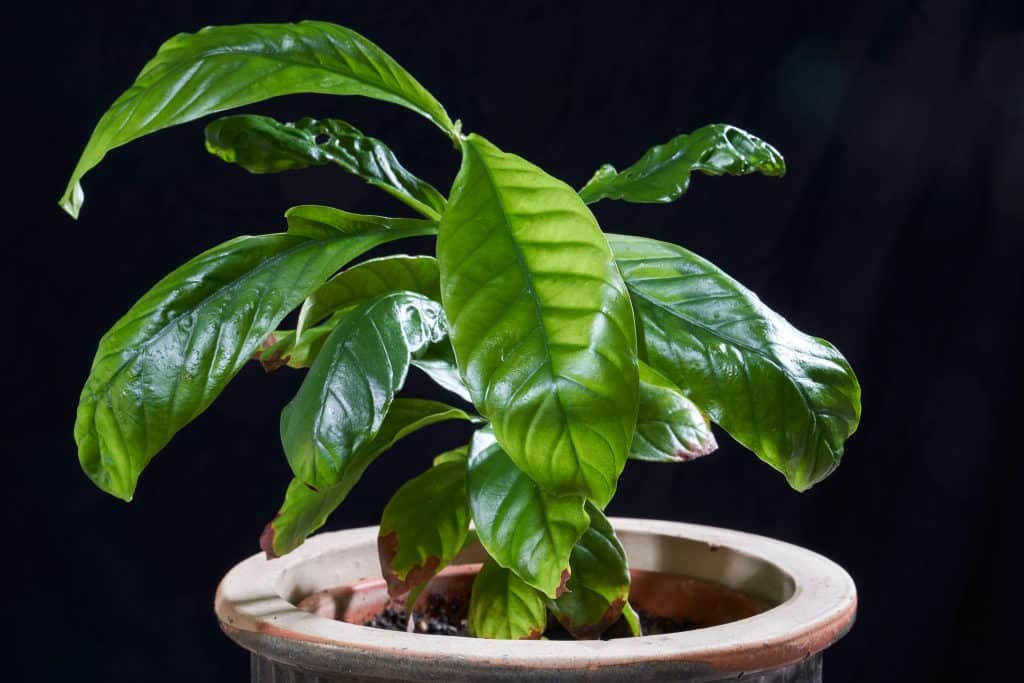Not every bill passes on the first try. Oregon and Colorado got their psychedelics bills through, but California, Washington, and Michigan did not. However, these states know what they want, and they’re not messing around. California and Washington are already both back at it, offering new legalization bills, for psychedelics of the plant variety.
What didn’t make it?
The times they are a-changin’, and we can see this clearly with the legislative measures being proposed (and passed) in different states. Last year was an interesting one that saw Colorado join Oregon as the second state to allow a psychedelics legalization of some kind. However, three other states were not successful.
In California, there were two failed measures. First SB 519, a bill which would have decriminalized possession for some psychedelic substances (natural and synthetic), legalized psychedelic medications for those in need, and set up a requirement for further research, was pulled at the last minute. In the last assembly committee it was in, it was revised massively to the point of only being a research initiative with all else taken out. This led to its sponsor removing it completely, and then resubmitting a revised version late last year.
California’s second failed psychedelics bill was the California Psilocybin Legalization Initiative (#21-0005). This bill was meant to “legalize psilocybin, including psilocybin mushrooms, truffles, sclerotia, and mycelium, in California.” The initiative would have been a ballot measure in the 2022 elections, but didn’t make it that far. In order to be on the ballot, the initiative required 623,212 validated signatures, which were not collected in time.
Thanks for being here. We’ve got the Cannadelics Weekly Newsletter for direct updates, and for access to a ton of deals on cannabis buds, vapes, edibles, smoking devices (and other paraphernalia), cannabinoid compounds (HHC, delta-8), and a boatload more. Go ahead and get yourself stoned!
Around the same time, Michigan was pushing its own bill, SB 631, which would have legalized growing, delivery, production, and possession of psychedelics for recreational use, so long as they came from entheogenic plants. The bill was not intended to open a market, but was meant for personal use. It unfortunately died in the Senate Judiciary and Public Safety Committee.
A third state trying to enact a psychedelics legalization, was Washington. In early 2022, Washington legislators introduced the Psilocybin Wellness and Opportunity Act aka SB 5660. This bill was meant to legalize the two main components of magic mushrooms, and would have created something similar to Oregon, where the drugs could be administered under the watchful eye of a tripsitter. Unfortunately, the bill died in the Health & Long Term Care Committee, despite a public hearing held to support it; consisting of doctors, activists, therapists, and lawyers.
Out of all the state-wide measures on psychedelics for the past year, only Colorado made it. And in two ways. First, Colorado became the first state to pre-emptively legalize medical MDMA, though the legalization is 100% dependent on a federal legalization before it becomes active. Second, it passed by voter ballot, Proposition 122, the Decriminalization and Regulated Access Program for Certain Psychedelic Plants and Fungi Initiative, which will also set up a regulated use market.
Washington & California offer new psychedelics bills
It’s quite a testament to the time we’re in that when the above-mentioned bills failed, it took almost no time to re-introduce comparable measures in two of the states. Perhaps it’s still not the right time, and both will fail. However, considering two states already passed measures, and there’s enough push to resubmit so quickly; it stand to reason that these bills have a decent chance.
First up is Washington. Coming off of the failure of SB 5660, legislators pre-filed a new bill, SB 5263 – The Washington Psilocybin Services Wellness and Opportunity Act on January 10th of this year. Much like Oregon and Colorado, this new act “would allow clients to consume psilocybin with support from state-licensed facilitators.” It goes a bit further than its previous counterpart, doing things like extending the implementation period to 24 months rather than 18, to give more time to get things underway correctly.
It also makes greater worker protections. The previous version already protected those who want to receive services, from being fired. However, the new version protects healthcare providers as well, so they face no sanctions for carrying out their jobs. And it also requires the ability for the drugs to be administered in group sessions, which is similar to Colorado, and unlike Oregon. Both Colorado and the new Washington bill support administration of the drug outside of the service centers as well.

Another thing it does is up the ante for tripsitter training. Whereas Oregon only mandated 40 hours, this new bill would mandate 250 hours. It doesn’t conform to the standard idea of medical vs non-medical, and creates an entirely new license, requiring 120 classroom hours, and 250 clinical practice hours.
A couple other things it does is take away the ability for a maximum dose under 50mg; and it does not allow specific cities and smaller locations to opt-out, like the Oregon bill does. Colorado also did this, requiring all parts of the state to abide by the law upon passage.
Beyond this, it focuses on user privacy, instituting measures to require facilitators to hold client privacy to a high level; and makes the point of encouraging people from poorer areas to participate in the program. All together it offers a more refined version than last time, showing how as time goes on, these bills become more specific to what is needed, and what will work.
What about the new California psychedelics bill?
California also rebounded very quickly upon the death of SB 519. In December of 2022, legislators introduced SB 58, which much like Washington’s SB 5263, works to revisit the subject, but with some of the kinks revised. The biggest one? It no longer covers synthetic drugs like LSD and MDMA, instead focusing on entheogenic plants. The bill would legalize specific drugs for “possession, preparation, obtaining, transfer, as specified, or transportation.” It accounts for the drugs: psilocybin, psilocin, DMT, ibogaine, and mescaline.
The new California psychedelics bill would drop the prohibition on mycelium and spores for psychedelic mushrooms, as well as the paraphernalia ban on related items. According to democratic Sen. Scott Wiener who introduced the bill, “This is not controversial among regular people. People understand that psychedelics are not causing problems—and they are, in fact, helping people and so it’s time to stop criminalizing them.”
There is good reason to believe this bill will do well, because, the last one did well too. In fact, it didn’t technically die like other bills, it was pulled by Wiener himself, because it had been so badly edited in the third Assembly panel. However, prior to him pulling it, it had passed the Senate as well as two Assembly committees, so its not like it wasn’t getting taken seriously. It was.

Wiener commented on the new workup, concerning the subtraction of synthetics, “Listen, I would love to have them included. I think they should be included. But we also need to be able to pass a good bill. And, unfortunately, there are a lot of stereotypes about LSD and MDMA, and so we decided, let’s get it passed for non-synthetics—which will still be a major game changer with psilocybin, ibogaine, ayahuasca and others—and then we can come back later to address synthetics.”
Much like most other bills of its nature, the California psychedelics bill omits Peyote, though it allows mescaline. This is a technicality as there is already a loophole that makes it possible to use mescaline legally, including as Peyote. The Peyote ban has nothing to do with danger, and everything to do with its ceremonial use; and a concern by native populations that the plant will be over-harvested. In the interest of indigenous communities being able to have access, this omission works to protect these groups and their traditions.
The bill also takes out something else – mandated research in order to make more reforms in the future. Research is underway in a big way for these compounds, making it unnecessary for it to be a provision of the government to institute this. And so it was dropped from the new bill.
It does, however, set up possession limits. Mescaline is not included since Peyote is not allowed, and the other mescaline-containing plants aren’t regulated. The following possession limits would apply to the rest: ibogaine: 15 grams maximum, psilocybin & psilocin: 2 grams – 4 ounces of any plant with this compound, and DMT: 2 grams maximum.
Conclusion
We’ll have to wait and see what happens with the new Washington and California psychedelics bills. One thing for sure? There’s quite a push in both places to get something passed. And we know this because neither state accepted the failure of its previous bill; with both re-working, re-strategizing, and re-submitting within months. It’s quite possible both will pass.
Beyond these two states, more are looking to pass psychedelics measures. These include Vermont and Illinois, but we’ll get into that another time.
You’re awesome – thanks for joining in! We totally appreciate you coming round to Cannadelics.com; an independent news site that goes deep into the cannabis and psychedelics spaces of today. Visit us regularly to remain in-the-loop, and check out the Cannadelics Weekly Newsletter, so you’re always up on what’s going down.







